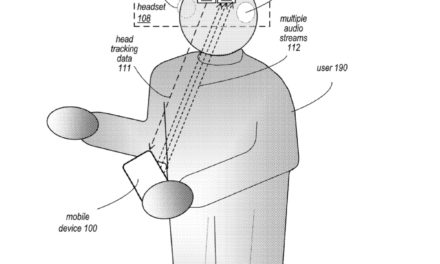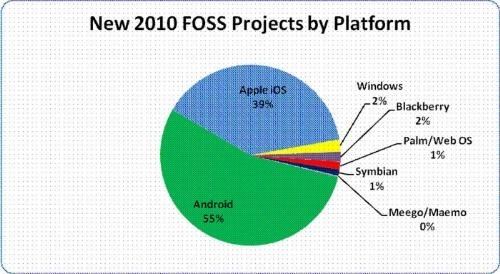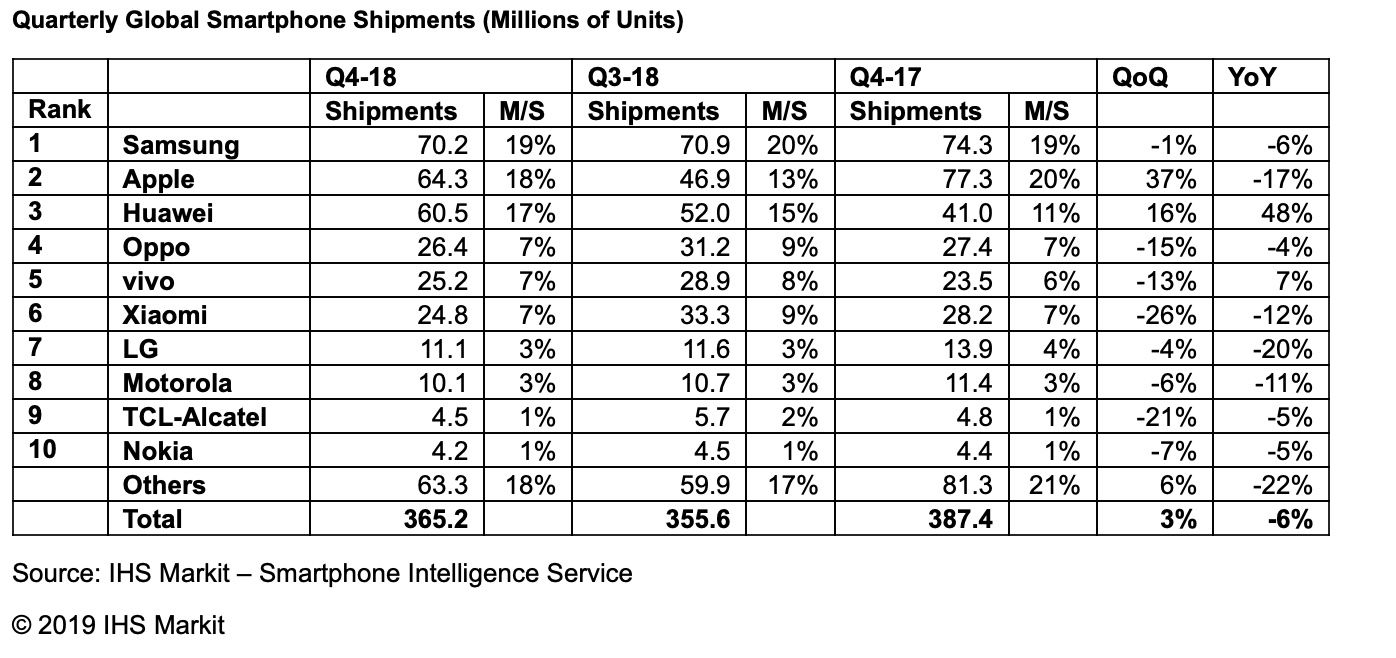An IP address is a numerical label assigned to each computer to indicate its location. IP address can also show the user’s ISP details and even disclose their physical location.
Since everyone’s IP address hides private and sensitive information, it is not wise to publically disclose it – and this is exactly what happens when people go online. Accessing any website allows the web host to see the location of the user and to even track their activity.
Users are being tracked by advertisers across all their devices, surveilled by governments, and their privacy could also be easily breached by hackers, as long as their IP address is exposed.
One of the best ways to hide an IP address is to use a VPN – such as NordVPN, which encrypts all data between a user’s computer and a VPN server into a secure tunnel. NordVPN doesn’t keep any customer logs, offers secure encryption protocols and advanced security solutions like DoubleVPN.
A VPN hides a user’s IP address, disguising the real location, thus giving a great layer of protection from unwanted security threats and surveillance.
NordVPN offers 10 reasons of why Internet users should be hiding their IPs.
1. To browse websites without disclosing identity. When a user hides their IP by using encryption, all their Internet browsing activity becomes invisible.
2. To access to streaming from any location. It’s sometimes impossible to access favorite shows when on vacation in another country, simple because they are geo-blocked and access is denied. Hiding an IP through a VPN allows to connect to the desired country’s server and to enjoy the entertainment as if streaming from home.
3. To stay safe from snoopers looking to access information. There might be many snoopers lurking around – including advertisers and, more dangerously, hackers. Hiding the real IP address gives a great layer of protection online, because the real physical location is disguised.
4. To protect oneself when using a Wi-Fi hotspot. Public Wi-Fi networks are unsecured and open to everyone. Using a VPN service allows to be anonymous while logging into an unprotected network, where hackers could be lurking, waiting to steal personal identities and financial information.
5. To access websites that are not available to the geographic location of the IP address. For example, Facebook and Google are blocked in China; LinkedIn and many other sites are blocked in Russia; many YouTube videos are not available in Germany. Hiding an IP address and anonymously connecting to another country through a VPN allows to access content not available in that particular physical location.
6. To bypass school or workplace restrictions. Sometimes, a school or workplace will place restrictions on certain sites – but that can be easily bypassed by hiding the IP address through a VPN.
7. To bypass government surveillance and Internet censorship. Most governments around the world are increasingly tightening surveillance laws. For example, UK’s Investigatory Powers Bill is giving powers for bulk hacking thousands of computers. It becomes especially dangerous if all the collected data falls into the wrong hands, such as those of hackers and fraudsters. Opening a door for government to access web browsing data and metadata makes everyone’s online activity vulnerable. Hiding the IP address allows users to hide their Internet activity from government surveillance.
8. To hide Internet activity from ISP (Internet Service Provider). Often Internet Service Providers are obligated to track and hold on to data that users generate online. There are also several Internet providers have been known to track, collect and even sell customer data to third parties or use it for their own promotional purposes. Hiding the IP address will keep information private and inaccessible.
9. To keep private searches private. Search engines track and store data on user’s online activity. The search history can be easily backtracked by any other user who logs into the same computer. It’s important to clear cookies after every browsing session while using a VPN service.
10. To enjoy Internet freedom. When the World Wide Web was created in 1989 by Tim Berners-Lee, its purpose was for the web technology to be available to everyone, always. Creativity, innovation, education, communication and exchange of ideas are inseparable from the freedom the Internet offers, and everyone should be able to enjoy it without any restrictions. Hiding the IP would guarantee the privacy and right to expression online.
Hiding an IP address is the key to staying secure and private online, and is easily achieved through using a VPN. A VPN will protect the network from third parties, help stay anonymous, and allow to access any content on the Internet.
For more information about staying safe online, visit NordVPN.com.




